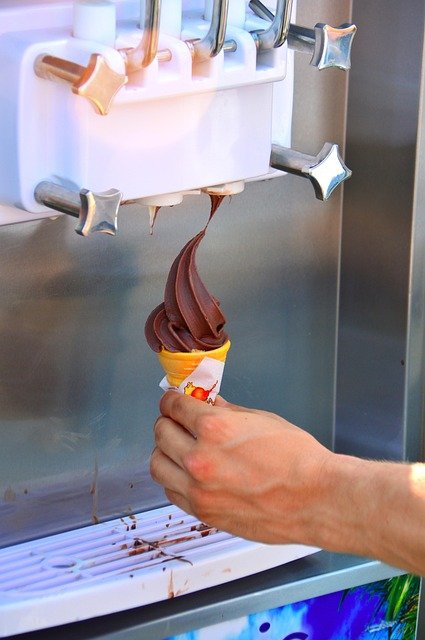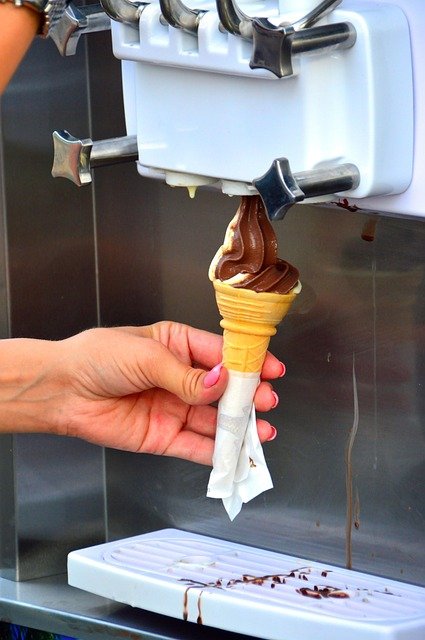How to Use a Water Filter for a Commercial Ice Maker
August 3, 2025 | by li, moniker

How to Use a Water Filter for Your Commercial Ice Maker: A Step-by-Step Guide
Clean, high-quality ice is essential for any business that relies on a commercial ice maker. Using a water filter ensures better-tasting ice, prevents mineral buildup, and extends the lifespan of your machine. In this guide, we’ll walk you through the process of selecting, installing, and maintaining a water filter for your commercial ice maker, ensuring optimal performance and hygiene.
Choosing the Right Water Filter for Your Ice Maker
Not all water filters are created equal, and selecting the right one for your commercial ice maker is crucial. Here’s what to consider:
- Filter Type: Carbon filters are common for removing chlorine and sediment, while reverse osmosis systems are ideal for hard water areas.
- Flow Rate: Ensure the filter can handle the water demand of your ice maker to avoid reduced ice production.
- Micron Rating: A lower micron rating (e.g., 5 microns) captures finer particles, improving water clarity and taste.
Additionally, check compatibility with your specific ice maker model. Some manufacturers recommend proprietary filters, while others allow third-party options. Always verify the filter’s NSF certification to ensure it meets industry standards for contaminant removal.
Installing and Maintaining Your Water Filter
Once you’ve chosen the right filter, proper installation and maintenance are key to long-term performance.
Installation Steps:
- Turn off the water supply to the ice maker and relieve any pressure.
- Follow the manufacturer’s instructions to attach the filter housing to the water line.
- Insert the filter cartridge, ensuring it’s seated correctly to prevent leaks.
- Flush the system for 5-10 minutes to remove any carbon fines or air bubbles.
Maintenance Tips:
- Replace the filter every 3-6 months, depending on usage and water quality.
- Regularly inspect for leaks or reduced water flow, which may indicate a clogged filter.
- Keep a log of filter changes to ensure timely replacements and consistent ice quality.
By following these steps, you’ll maximize the efficiency of your commercial ice maker and ensure clean, great-tasting ice for your customers.
Conclusion
Using a water filter with your commercial ice maker is a simple yet effective way to enhance ice quality and protect your investment. From selecting the right filter to proper installation and maintenance, each step plays a vital role in performance. By implementing these best practices, you’ll enjoy clearer ice, fewer machine issues, and satisfied customers. Don’t overlook this essential upgrade for your business’s ice-making needs.
RELATED POSTS
View all


